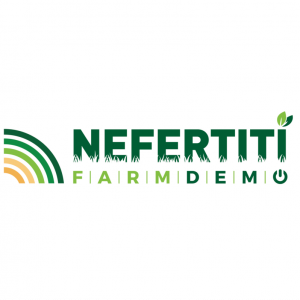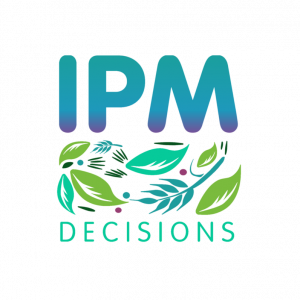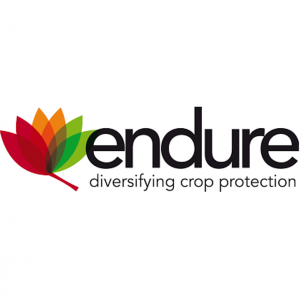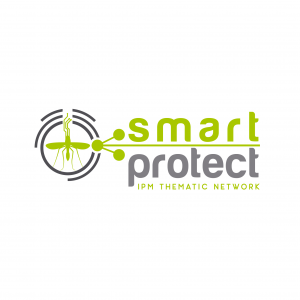Partner projects
An EU-wide network of demonstration and pilot farms.
https://nefertiti-h2020.eu/
Project Networking European Farms to Enhance Cross Fertilisation and Innovation Uptake Through demonstration (NEFERTITI) is a unique 7 M€ Network (selected under Horizon 2020, Societal Challenge 2, RUR 12-2017 call) comprising 32 partners and coordinated by ACTA, the head of Network of the French Agricultural Technical Institutes.
Under the project NEFERTITI 10 interactive thematic networks will be established bringing together 45 regional clusters (hubs) of demo-farmers and actors involved (advisors, NGOs, industry, education, researchers and policy makers) in 17 countries. The project NEFERTITI focuses on creating added value from the exchange of knowledge, actors, farmers and technical content between networks in order to boost innovation uptake and to improve peer to peer learning and network connectivity between farming actors across Europe. In the end, it all contributes to a more competitive, sustainable and climate-smart agriculture.
The project NEFERTITI addresses 10 themes that have been chosen based on key concerns of the farming communities. Together they cover a balanced range of topics in the three main agricultural sectors: animal production, arable farming and horticultural production.
Stepping-up IPM decision support for crop protection
https://www.ipmdecisions.net/
IPM Decisions is a 5-year project that began in June 2019. It is co-ordinated by Dr Neil Paveley, Crop protection, ADAS (part of RSK Environment Ltd.), UK. The project has been granted €5million and consists of 27 partners from 12 different European countries and two pan-European companies.
Implementing Integrated Pest Management (IPM) practices to tackle pests, weeds and diseases can be a real challenge for farmers and advisors. Decision Support Systems (DSS) can assist on-farm decisions to implement IPM.
The IPM Decisions project will create an online platform that is easy to use for the monitoring and management of pests. The platform will be available across the EU with DSS, data, tools and resources tailored to individual regions. A pan-European collective of farmers, advisors, DSS providers and researchers will design and develop the platform so it meets the needs of different types of user. This community will be called the IPM Decisions Network.
A network of IPM focused research and advisory organizations
https://www.endure-network.eu/
The ENDURE Information Centre (ENDURE IC) disseminates information on crop protection. It creates an overview of the ways sustainable crop protection can be implemented in European agriculture. ENDURE IC is a central point of reference for extending expert knowledge, recommendations and advice for extension services, advisers and researchers concerning all aspects of Integrated Pest Management. For users it provides a search through a crop/pest or disease/country combination. The search results offer a European quality selection (European Best Practices) with validated Integrated Pest Management (IPM) measures including prevention, chemical pest and disease control as well as non-chemical alternatives such as biological control measures.
The ENDURE Information Centre offers ready to use information about Integrated Pest Management. This means the information is scientifically sound, but also:
- Tested in the field
- Practical to adopt
- Cost-effective
Other results (experimental) inform users about measures which have the potential to provide a solution for a given problem but cannot be recommended as best practice: they have been tested on experimental fields, and adoption is possible under special conditions.
IPM Thematic Network focused on SMART IPM solutions
https://www.smartprotect-h2020.eu/
SmartProtect H2020 project has developed a Thematic Network entitled SmartProtect platform that compiles innovative modern IPM solutions for vegetable production that are ready for practice. Application techniques, Decision Support systems, Diagnostics and Detection techniques, as well as Monitoring techniques are accessible regarding bacteria, beneficials, fungi, insects, mites, nematodes and viruses in a multilingual tool that operates in 12 different languages (Dutch, French, German, Estonian, Slovenian, Portuguese, Czech, Spanish, Latvian, Greek, and Hungarian) and allows effective knowledge transfer.



